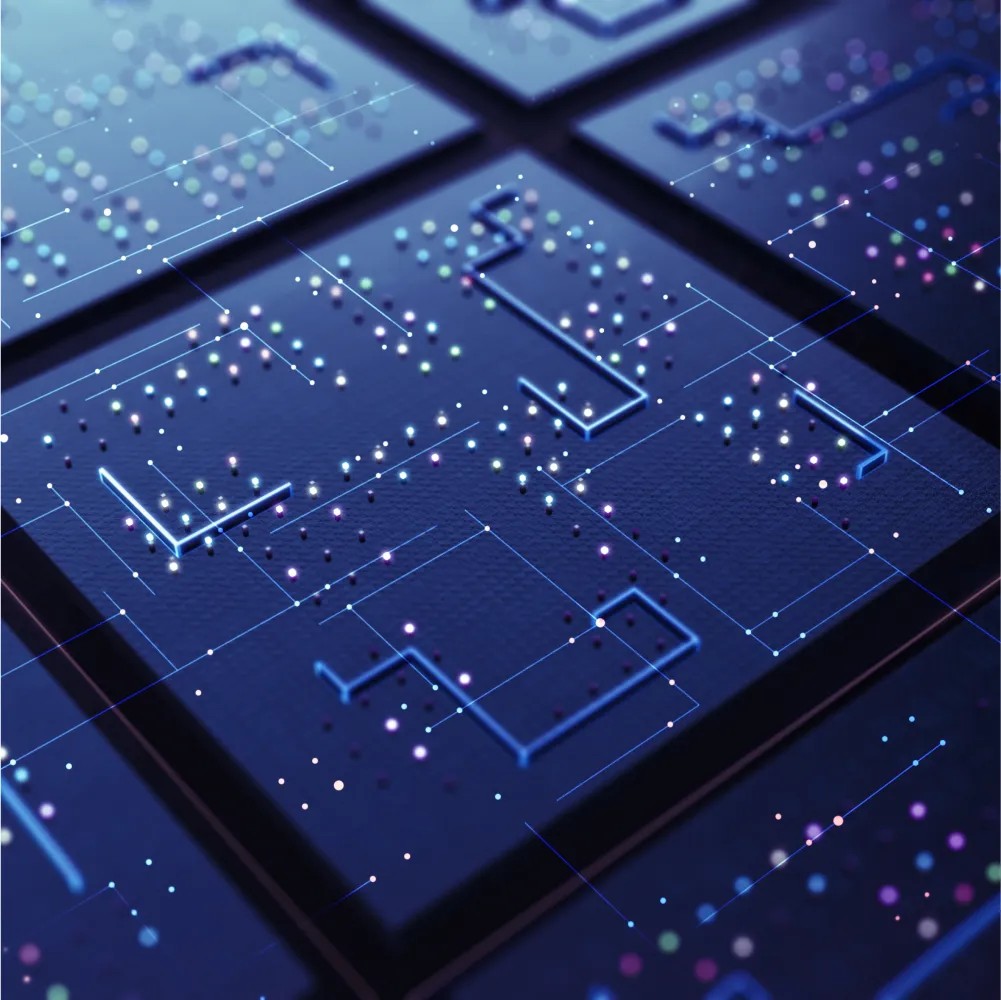In recent years, blockchain technology has become renowned considering the robust security system of clinical data. Blockchain technology works to secure data, automating bitcoin transactions and giving decentralized, secure, and trusted access to a shared ledger of data, transactions, and records. It also can control interactions among members without using an intermediary or a trusted third party through intelligent contracts. Healthcare researchers have become concerned about the security, storage, and privacy of clinical data, and so blockchain algorithms are employed and utilized to ensure security and confidential storage of medical data. Electronic Health Records have made the data storage and security process more accessible. This technology is also adaptive for the patients. Since any third party cannot access the medical data, this technology has become trustworthy for patients and healthcare users.
This Research Topic aims to seek and gather research that focuses focuses on the advancements, current issues, solutions and recommendations on the artificial intelligence enabled secure blockchain for healthcare application and systems.
The main areas of this Research Topic include, but are not limited to:
-Blockchain service prioritizing human beings, society and their lives;
-Biomedical devices and solutions adopting blockchain with Big Data and AI;
-Internet of Things connected medical applications aiding and serving the pregnant, disabled or elderly;
-Theories, models, and solutions blockchain adopting various technology, statistics, engineering for advancing medical healthcare;
-Intelligent blockchain frameworks for secure, reliable and resilient healthcare ecosystems;
-Multilayer blockchain oriented electronic record and integration systems for drug dealing and management solutions for future healthcare systems;
-Blockchain integrated machine learning and geospatial analytics for healthcare applications;
-Integration of Internet of Things, cloud and edge devices for medical applications using the 5G environment.
In recent years, blockchain technology has become renowned considering the robust security system of clinical data. Blockchain technology works to secure data, automating bitcoin transactions and giving decentralized, secure, and trusted access to a shared ledger of data, transactions, and records. It also can control interactions among members without using an intermediary or a trusted third party through intelligent contracts. Healthcare researchers have become concerned about the security, storage, and privacy of clinical data, and so blockchain algorithms are employed and utilized to ensure security and confidential storage of medical data. Electronic Health Records have made the data storage and security process more accessible. This technology is also adaptive for the patients. Since any third party cannot access the medical data, this technology has become trustworthy for patients and healthcare users.
This Research Topic aims to seek and gather research that focuses focuses on the advancements, current issues, solutions and recommendations on the artificial intelligence enabled secure blockchain for healthcare application and systems.
The main areas of this Research Topic include, but are not limited to:
-Blockchain service prioritizing human beings, society and their lives;
-Biomedical devices and solutions adopting blockchain with Big Data and AI;
-Internet of Things connected medical applications aiding and serving the pregnant, disabled or elderly;
-Theories, models, and solutions blockchain adopting various technology, statistics, engineering for advancing medical healthcare;
-Intelligent blockchain frameworks for secure, reliable and resilient healthcare ecosystems;
-Multilayer blockchain oriented electronic record and integration systems for drug dealing and management solutions for future healthcare systems;
-Blockchain integrated machine learning and geospatial analytics for healthcare applications;
-Integration of Internet of Things, cloud and edge devices for medical applications using the 5G environment.
